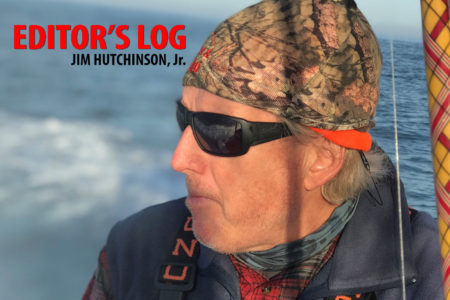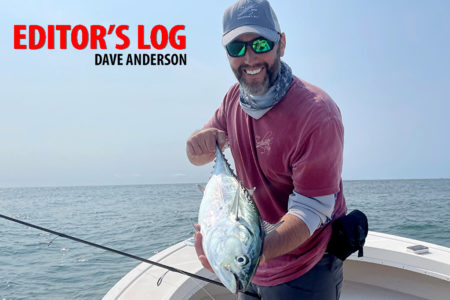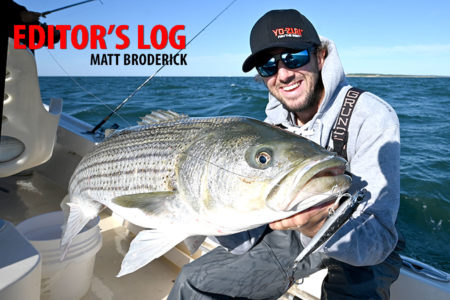In the early ‘70s, Alaska republican Don Young and Massachusetts democrat Gerry Studds crossed the aisle to collaborate on legislation to protect America’s coastal fisheries. Perhaps those were more civil, constructive times; commercial and recreational fishermen left gear and allocation arguments aside to unite in opposition to foreign fleets decimating U.S. fish stocks, while congressmen like Young and Studds saw through their own partisan differences to enact sound federal fisheries change. While the nuts and bolts of the legislation came from Young and Studds, the final 1976 law would ultimately be named after the two senators on the other side of Congress who sponsored the Senate version, democrat Warren Magnuson from Washington and republican Ted Stevens from Alaska. Think about that fisheries debate today if instead of Magnuson Stevens we were discussing Young Studds around the docks! I don’t think it’s going out on a limb to say there’s no one on Capitol Hill today that knows the Magnuson Stevens Act any better than its original author, Rep. Don Young. The law’s initial intent, purpose and its ultimate goals came from his pen and that of his late congressional counterpart, Rep. Gerry Studds. That’s why Rep. Young’s bill, the Strengthening Fishing Communities and Increasing Flexibility in Fisheries Management Act (HR.200), comes from a pretty good place. This “Magnuson flexibility” bill includes critically important language to address rigid annual catch limits (ACL) and accountability measures punitively inserted into the previous reauthorization to the detriment of the recreational fishing community at-large; it also addresses the inflexibility of unscientific, arbitrary rebuilding timelines.
On July 11, HR.200 passed the House by a 222-193 vote. New Jersey members voting “yes” included republicans Frank LoBiondo, Tom MacArthur, Chris Smith, and Rodney Frelinghuysen; democrat Frank Pallone also voted yes. Only nine democrats voted yes nationwide, none from Pennsylvania or Delaware. Across the aisle, New Jersey republican Leonard Lance joined Pennsylvania’s Ryan Costello, Brian Fitzpatrick and 12 other republicans in voting no.
However, without a matching Senate version, we may not get a more responsible piece of legislation to improve the balance between commerce and conservation while providing fair and sustainable access to fluke and black sea bass. There is a Senate bill called the Modern Fish Act (S.1520) that has a lot of good stuff for saltwater anglers, but as a whole it’s focused more on Southeast access issues and it doesn’t help New Jersey anglers like HR.200 does.
Some language from that Modern Fish Act made its way to Young’s bill which is good; but when he wrote his latest amendments to his original 1970s piece of legislation, Rep. Young also included language to address the ACL and deadline poisons incorporated by environmental lobbyists in the last two reauthorizations, language critical to addressing problems with fluke and black sea bass. That particular language does not exist in the Modern Fish Act in the Senate.
HR.200 does have opposition; simply visit the New York Times, Huffington Post or any number of environmental blog sites to read the apocalyptic warnings of how the legislation will gut our federal fisheries law. What the doomsayers don’t say is that our federal fisheries law was originally written by Rep. Don Young to begin with; it was environmental extremists that actually gutted our federal fisheries law of any sanity or sensibility over the past 30 years.
All indications are that fluke will be back on a 10-year rebuilding track soon, and we all know what the ACL requirements have done to our black sea bass fishery. Sadly, the Senate version of the Modern Fish Act alone will not address these issues. So as much as I’d love to stand up and scream support of the Modern Fish Act alone to help my friends in the southeast, the Senate needs to memorialize Rep. Young this time around by moving his legislative priorities along to the president’s desk.
Anything short of the complete Young “Somebody” Act at this juncture only threatens to turn New Jersey’s fishing community into modern fish history.





